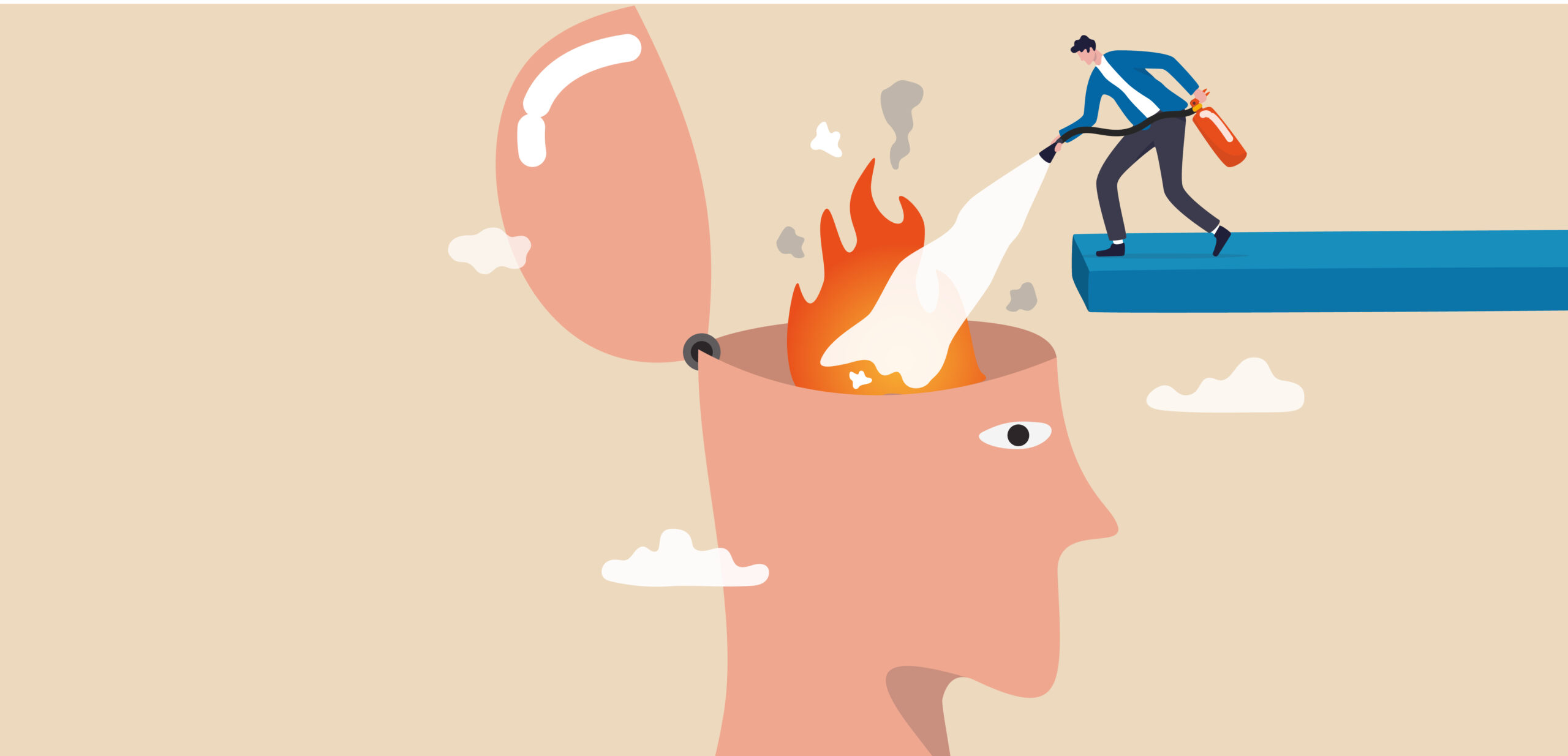
Among the numerous autoimmune conditions that affect the brain is one which causes seizures, hallucinations, loss of consciousness, and a feeling of uncontrolled ‘fire in the brain’. Neurologists call it anti-NMDA receptor encephalitis.
A recent German study found a new therapeutic molecule that could potentially neutralise harmful antibodies that cause the debilitating condition. The discovery opens avenues for safer treatment options.
NMDA or N-methyl-D-aspartate receptors are proteins that transmit signals between the nerve cells in the brain and the spinal cord. Sometimes, the immune system mistakenly produces antibodies that attack these receptors – a condition of an autoimmune reaction.
An attack on receptor proteins could impair the transmission of signals and lead to anti-NMDA receptor encephalitis.
Read more: Synapse: how neurons communicate
Striking the receptors is risky
Currently doctors treat this condition with high-dose steroids, immunotherapy and medications administered through veins. The medicines either reduce the antibodies in the blood or decrease the activity of the NMDA receptors to which the antibodies bind.
But in the long run, reducing the antibodies can increase the risk of infections. And constant interference with the receptors can cause memory and cognitive impairment in those people, according to studies.
A fusion protein is created
To address these issues, researchers of the current study designed a new fusion protein that does not directly interfere with NMDA receptors. To do this, they combined a portion of the NMDA receptor with a human antibody fragment.
When they tested the fusion protein in mice and human nerve cells, the outcome was most encouraging. The new molecule was binding itself to disease-causing antibodies and stopping them from attacking NMDA receptor proteins.
According to the study, the fusion protein counterbalances the attacking antibody without interfering with the function of the receptor.
“Thereby, the signal transmission of the neurons will no longer be disturbed, and the disease-causing antibodies are also neutralised,” Kirmann Toni, co-first author of the study from the Carl Ludwig Institute of Physiology at Leipzig University, Germany, told Happiest Health.
Read more: Researchers gain a better picture of how neurons talk
A long way to go
Although their study is still nascent, he said their approach is the first one that does not directly interfere with the NMDA receptor activity on the neurons. “[There] is a long way to go [before] we can think about implementing our findings in therapy,” he said.
Toni said if they succeed, their creation, namely the fusion molecule, could be used along with current treatments. “[Current treatments, which are given] at a stage where people have the most severe symptoms, take some time to make them feel better. Our fusion creation could reduce the symptoms and make the users feel better until the other treatments start working,” he said.
The study was conducted by a research unit of Deutsche Forschungsgemeinschaft – namely Synaptic pathology in autoimmune encephalitis or SYNABS — in collaboration with other German research institutes.

















